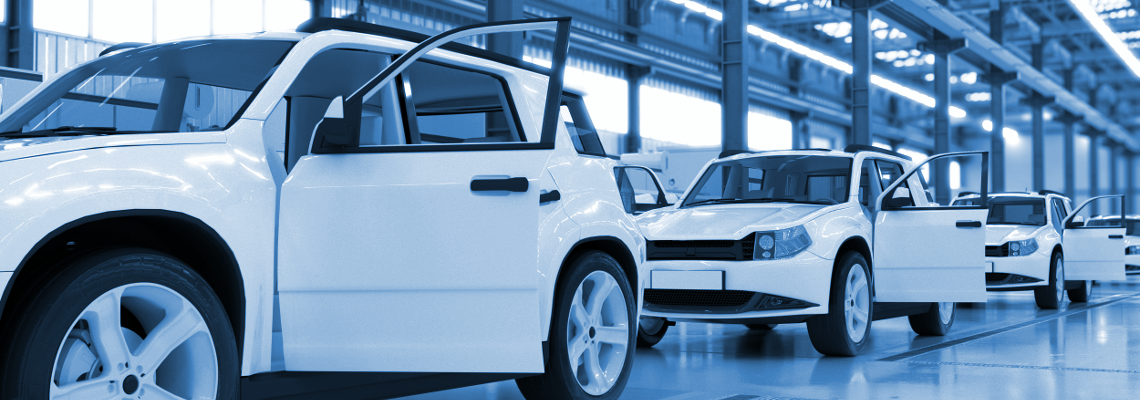Hyundai Motor Sells Chongqing Plant in China
SOUTH KOREA REPORT
The company sold the plant to Chongqing Liangjiang New Area Yufu Industrial Park Construction and Investment Group, which is owned by the city of Chongqing, and its affiliate will use the plant as a production base for electric vehicles.
Hyundai Motor Company has sold its finished car plant in Chongqing, China, to a Chongqing government-owned company for 1.62 billion yuan (about 33 billion yen, $222 million) in December 2023. Hyundai Motor is rushing to restructure its Chinese business, which has suffered from sluggish sales, and concentrate its management resources in the U.S. and Southeast Asia.




